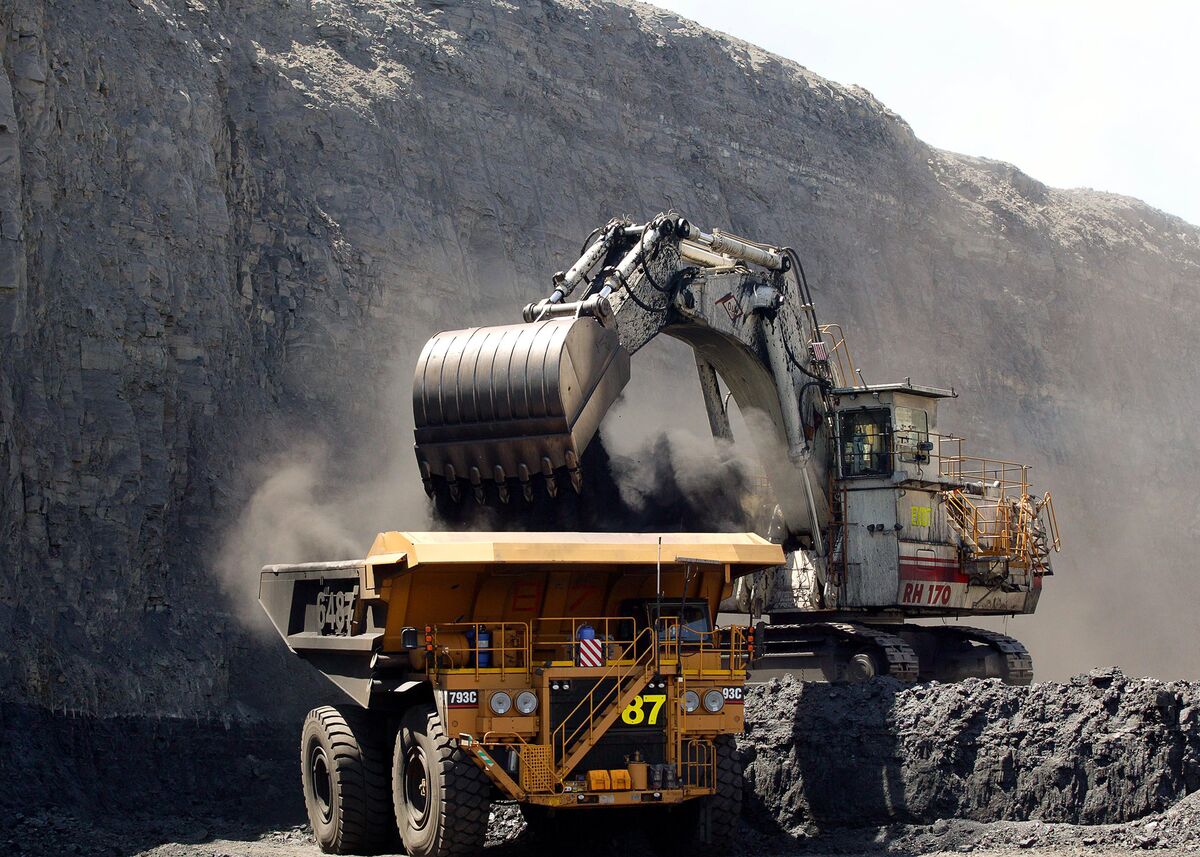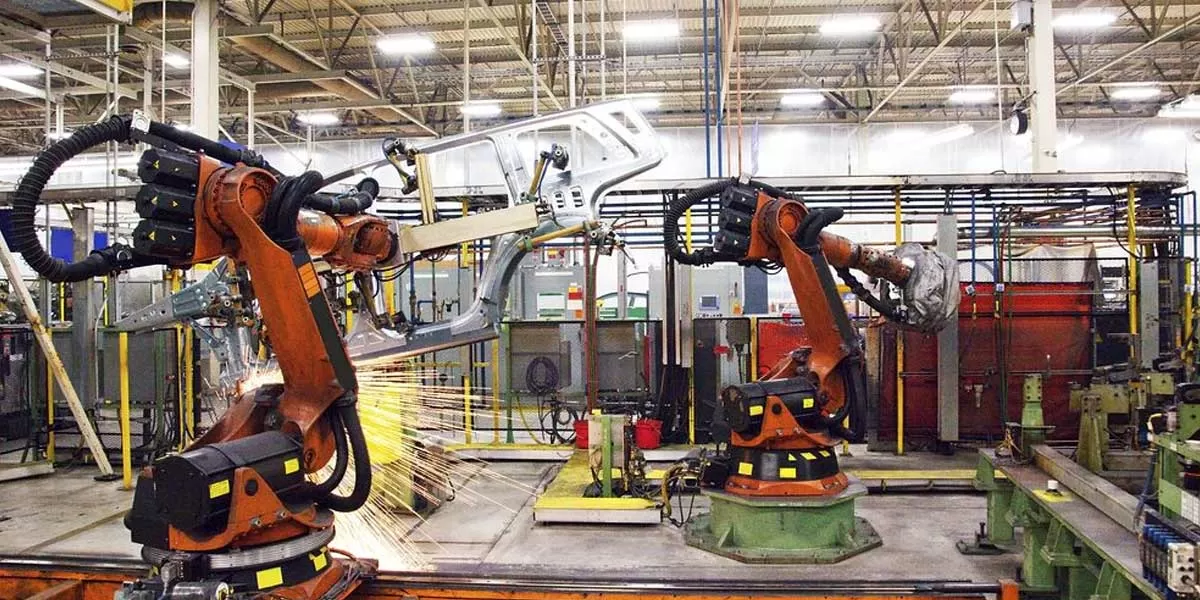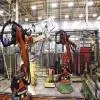

PM to Visit Bihar on April 24 for Panchayati Raj Day Celebrations
Prime Minister Shri Narendra Modi is scheduled to visit Bihar on 24th April 2025. During his visit to Madhubani, he will participate in the National Panchayati Raj Day celebrations at around 11:45 AM. On this occasion, he will inaugurate, dedicate, and lay the foundation stone for several development projects worth over Rs 134 bn, and will address the public gathering. As part of the programme, the Prime Minister will present the National Panchayat Awards, honouring the best-performing Panchayats from across the country. In the railways sector, Prime Minister Modi will flag off the Amrit Bha..

Rs 140 Bn Infra Projects in North India Reviewed by DPIIT Secretary
Shri Amardeep Bhatia, Secretary of the Department for Promotion of Industry and Internal Trade (DPIIT), chaired a high-level Project Monitoring Group (PMG) review meeting to assess progress on major infrastructure projects in Uttar Pradesh, Haryana, Punjab, and Uttarakhand. The meeting was attended by senior officials from central ministries, state governments, and private sector project proponents. A total of 17 key infrastructure projects, collectively worth over Rs 140 billion, were reviewed during the session, which addressed 19 critical issues affecting project execution. The discussions..

Bihar Electoral Officials Begin Training at IIIDEM in New Delhi
A focused two-day capacity building programme for electoral field functionaries from Bihar commenced today at the India International Institute of Democracy & Election Management (IIIDEM), New Delhi. The training is part of the Election Commission of India's initiative to strengthen grassroots electoral preparedness ahead of the upcoming polls in the state. A total of 229 Booth Level Officers (BLOs), 12 Electoral Registration Officers (EROs), and 2 District Election Officers (DEOs) are participating in this third batch of trainees from Bihar. The programme was inaugurated by Chief Election Co..














